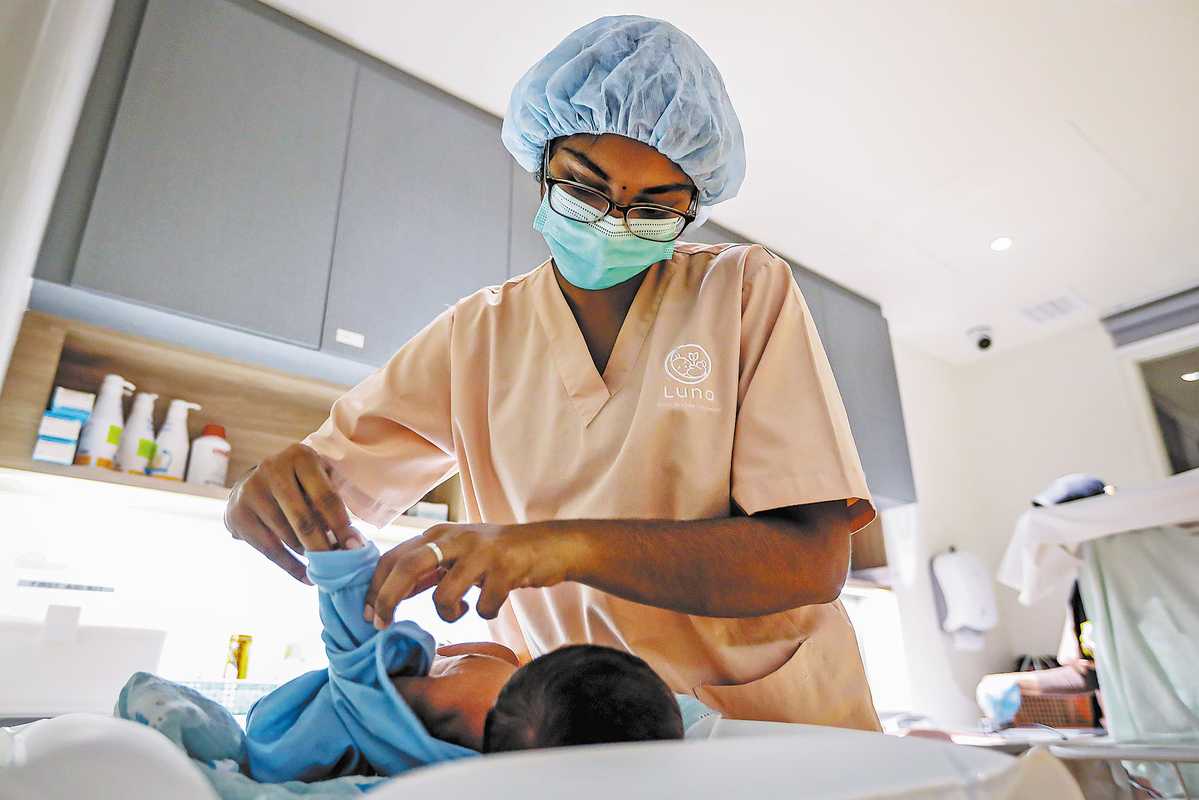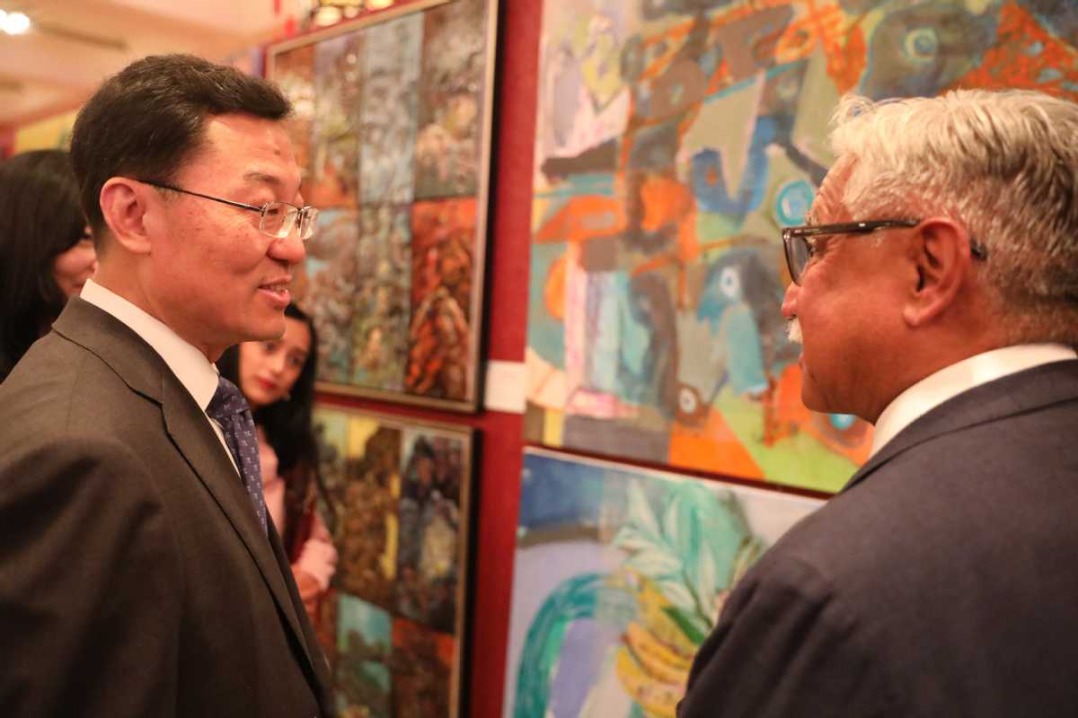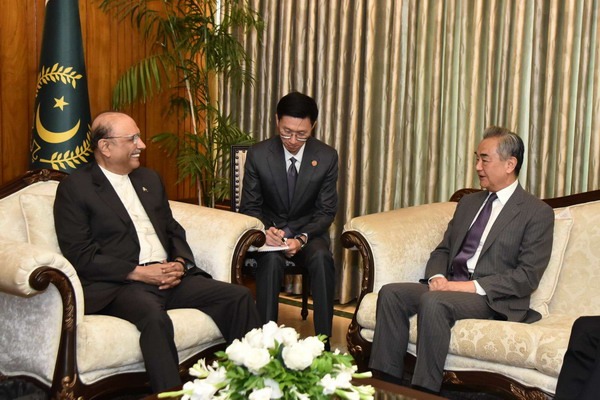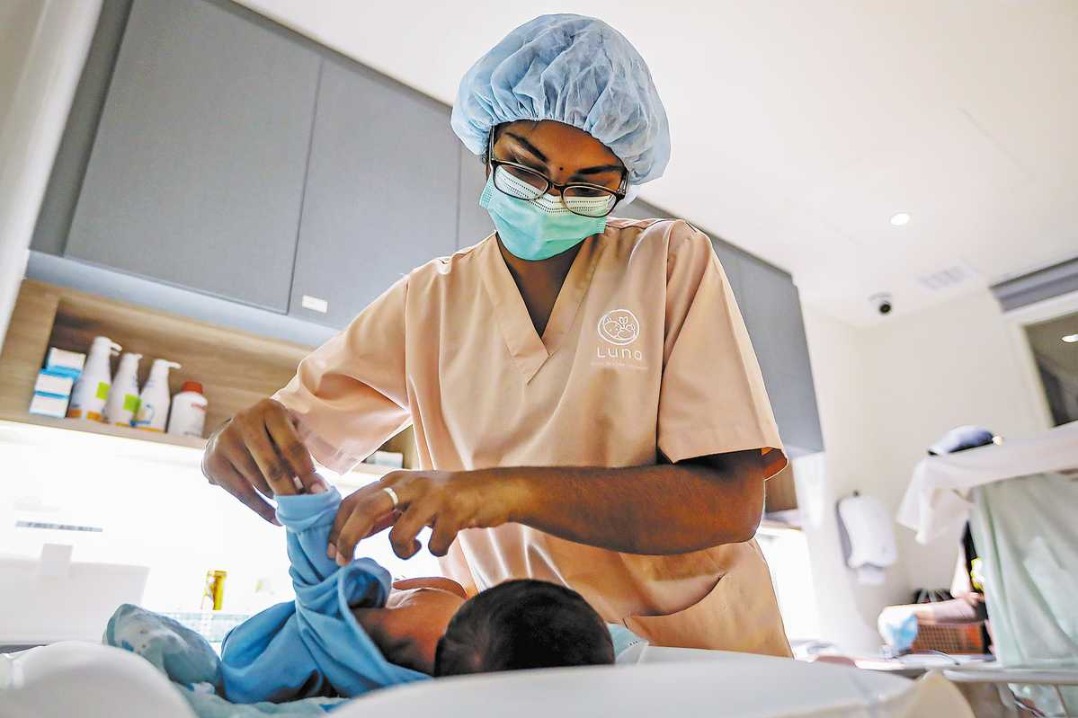Malaysia calls for better incentives to retain nurses amid shortage


Better incentives, including flexible working hours, are vital to retain nurses in the face of a critical shortage, particularly in Malaysia's public healthcare sector.
Malayan Nurses Union President Saaidah Athman said the average starting salary for nurses is around 1,800 Malaysian ringgit ($426), with new recruits placed under the Employees' Provident Fund scheme instead of the civil service pension scheme.
Meanwhile, the starting salary of a nurse with a nursing diploma begins at 1,797 ringgit in the public sector. A 100 ringgit allowance is paid to specialist nurses with advanced qualifications in the form of post-basic incentive allowance.
"All these will not attract the younger generation to nursing. They would definitely choose to go to the private sector or overseas, where the salaries are better and there is some flexibility in working hours.
"The workload is also rising with the increasing number of patients. Some have to do double duty with tasks not limited to nursing care, but also administrative work, moving patients across units, pushing medicine trolleys to the pharmacy and so on.
"So, one can imagine how exhausted nurses here are compared to overseas, where nurses only focus on their respective nursing care duties," she said.
She added that the transition to the 45-hour work week is not helping at all.
Aside from resignations and low intakes, she said fewer colleges are offering nursing courses, which has impacted the number of prospective nurses joining the workforce.
"The Health Ministry must fix the nursing system by offering attractive incentives and flexible working hours," she said, adding that the post-basic incentive allowance must also be reviewed as 100 Malaysian ringgit is too low.
"Nurses are paid 3,000 ringgit and above for post-basic allowance overseas, and in private practice in Asia, it is about 500 ringgit," Saaidah noted.
Independent health advocate Sean Thum agreed, saying that Malaysian nurses are drawn abroad due to the very real possibility of a more balanced life there.
Raising remuneration
Therefore, he said, raising remuneration is key in ensuring adequate manpower in public healthcare.
"We don't pay well enough. Indeed, we are lacking in staff, so the existing staff will have to shoulder more work," he said.
"I have engaged with many nursing associations and unions within the health ministry, and the majority have expressed that they will not be able to endure it if the workload continues to increase without any form of compensation or resolution to their welfare," said Lingeshwaran Arunasalam, the former director of Hospital Sungai Bakap in Penang.
The morale of healthcare workers is currently at its lowest point, he added. "What is needed is not an added burden but support, incentives and recognition for their sacrifices in safeguarding the health of the people every day. … Don't wait until public hospitals collapse before pointing fingers," he said.
Health Minister Dzulkefly Ahmad had said recently that the country is facing a critical shortage of nurses.
"We have also taken various approaches, including increasing the number of trainees to 1,000, but it still does not meet the shortfall," he was quoted as saying on June 29.
A total of 6,919 healthcare workers under Health Ministry left for the private sector between 2020 and 2024. Of this total, 2,141 were nurses, comprising 1,754 permanent and 387 contract appointees.
If the current trajectory continues, the shortage of nurses is projected to reach almost 60 percent by 2030.
The STAR, Malaysia

































